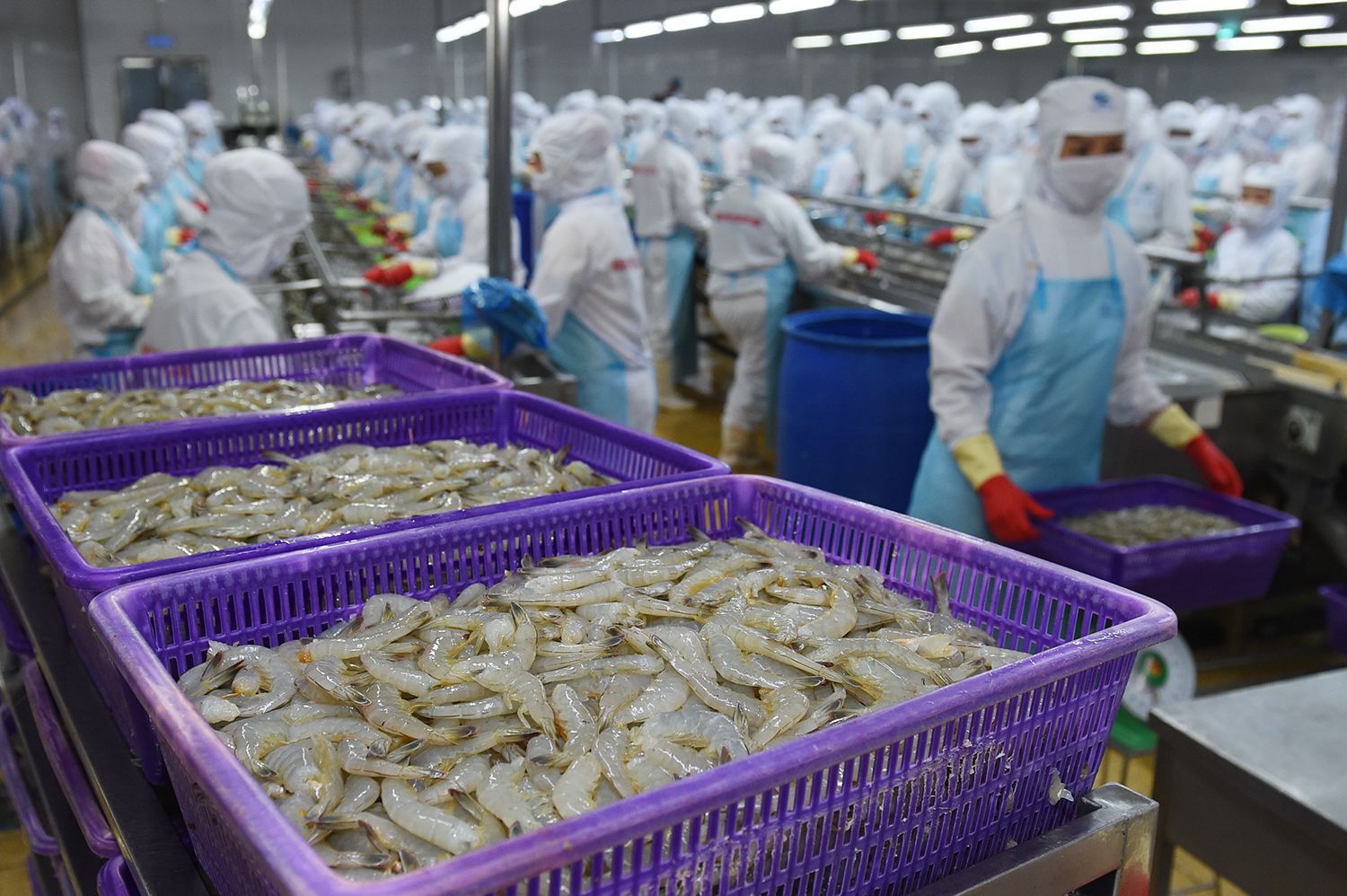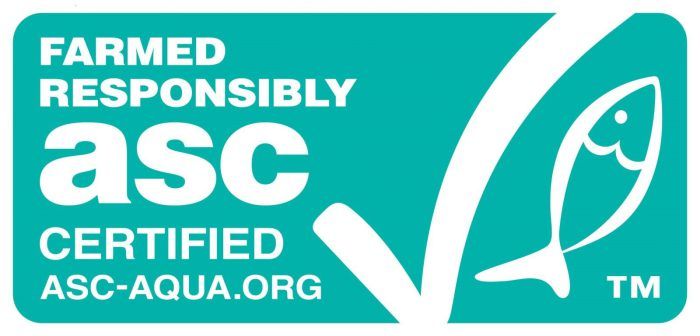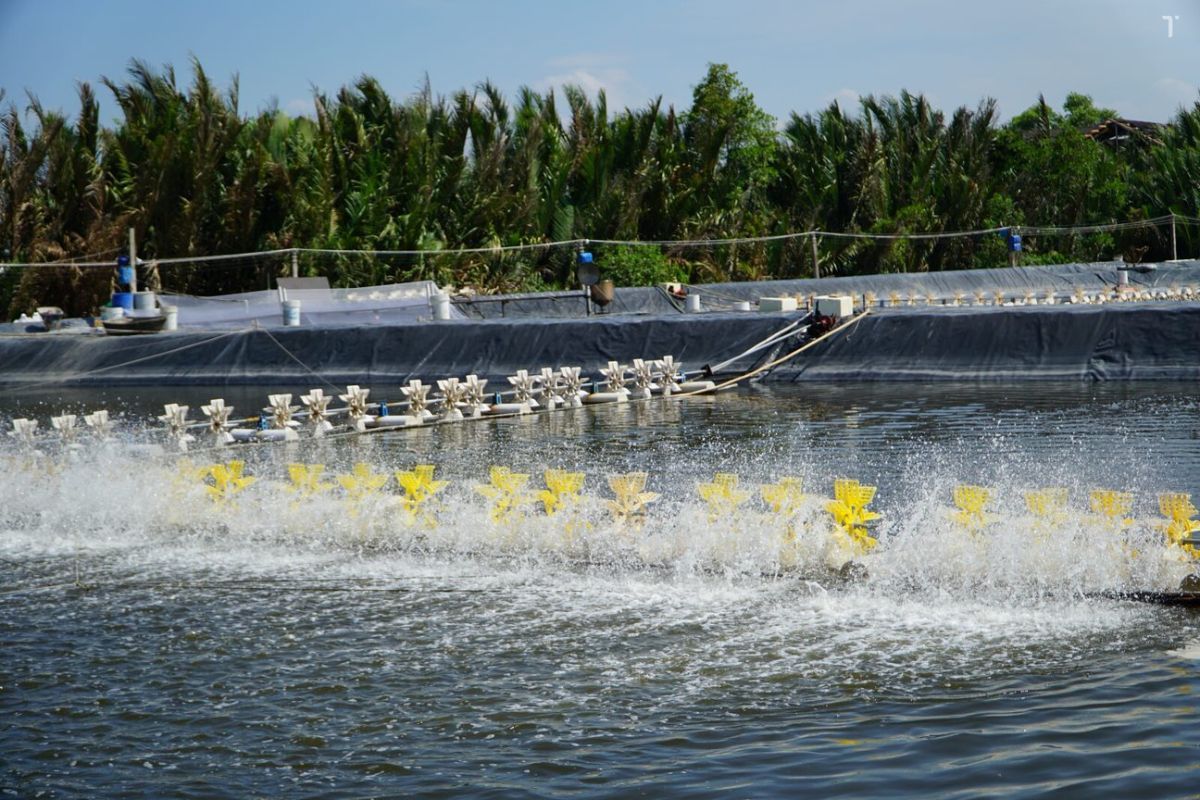Traceability and Technology Adoption for a Standardized Shrimp Industry
In recent years, Vietnam’s shrimp industry has affirmed its position as one of the world’s leading shrimp suppliers, alongside major markets such as the EU, the US, Japan, and South Korea. It is evident that current import-export activities are increasingly facing strict inspection requirements, particularly concerning traceability standards.
As a key economic sector, shrimp farming not only provides substantial income but also serves as a livelihood for many farmers, especially in the Mekong Delta region. The increasing demands from international markets and growing environmental protection pressures have made it essential for the shrimp industry to innovate. This includes implementing technological solutions to improve environmental management and meet traceability standards.

Current Traceability Standards
BAP (Best Aquaculture Practices) is a certification that ensures best practices in aquaculture and was established by the Global Aquaculture Alliance (GAA). This standard applies to the entire seafood production chain—from farms to processing plants, hatcheries, and feed mills. Another key certification is ASC (Aquaculture Stewardship Council), an international standard for sustainable aquaculture. It was co-founded by the World Wide Fund for Nature (WWF) and the Dutch Sustainable Trade Initiative (IDH). ASC ensures hygienic and environmentally responsible production. It is designed to verify that enterprises maintain environmental protection, limit impacts on ecosystems and communities, and protect workers' rights.

These certifications are of utmost importance and are being increasingly enforced due to their role in safeguarding human health and the environment during production processes.
The Importance of Traceability
According to reports from the World Health Organization, approximately 420,000 people die from food poisoning annually in Vietnam. This highlights the concerning reality that people frequently consume unsafe and low-quality food. Therefore, food traceability—especially in seafood—is becoming essential to protect consumer health.
Additionally, shrimp are highly susceptible to disease, and infections can spread rapidly, causing significant damage to farmers. Traceability enables farmers to identify the root cause of disease outbreaks quickly, ensuring food safety. Furthermore, effective resource management is key to developing and maintaining the sustainability of shrimp farming. Traceability allows for better monitoring and evaluation of water, feed, and chemical usage. It also ensures compliance with legal regulations for exporting Vietnamese shrimp to international markets.
Comprehensive Technology Adoption for Sustainable Shrimp Farming
Given the current challenges, shrimp farmers must be flexible and proactive in integrating technology into their production processes to optimize operations. This approach offers great potential to help farmers tightly manage shrimp quality and control aquaculture resources for better adaptation.

The comprehensive integration of Tomota’s solutions into farm management has been trusted by many farmers, both domestic and international, due to its practical value. From regular shrimp health checks to monitoring water quality, every process is now more manageable with Tomota’s technological support. Through image capture and automated data processing, farmers can save significant time in management tasks. With just 6–10 seconds of video recording, diagnostic results are returned and automatically stored in the user’s personal account.
Moreover, comprehensive application ensures strict control over shrimp inspections throughout the production process. Certification is no longer a major challenge thanks to Tomota’s frequent verifications, which help stabilize product quality.
With continuous efforts to contribute to building a sustainable shrimp industry ecosystem, Tomota hopes that traceability will no longer be a challenge for farmers. Flexibility and innovation in applying technology to farming processes will be the right direction given the current context. Enhancing the value of farmed shrimp also means improving the quality of life for today’s community—and for generations to come.
